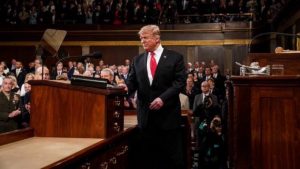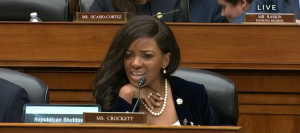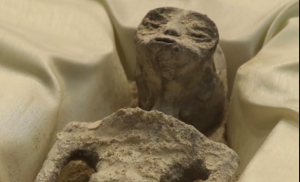The Election Commission on Wednesday ruled out any change in the schedule of the West Bengal assembly polls and told the Trinamool Congress that its suggestion to club the last three of the eight phases is “not feasible”.
The Commission also told West Bengal Congress chief Adhir Ranjan Chowdhury that his demand to hold the remaining phases of polls in West Bengal after the Muslim fasting month of Ramzan is over and the present pandemic is diluted, is not acceptable as the term of the state assembly ends on May 30 and a new assembly has to be constituted before that.
Also read: West Bengal elections: Polling begins for 43 seats in sixth phase amid tight security
“Any postponement of scheduled elections would affect adherence to Constitutional and statutory provisions related to timely conduct of elections,” the Congress leader was told.
He had written to the poll panel on April 19 seeking deferment of polls.
Responding to a letter by TMC leader Derek O’Brien to the state chief electoral officer, the Election Commission cited provisions of the Representation of the People Act and various steps it has taken to ensure safety of voters in view of the coronavirus pandemic to rule out any change in the poll schedule for the state.
While phase six of the West Bengal polls is scheduled on Thursday, the seventh and eighth phases are on April 26 and 29.
In his letter, O’Brien had urged the poll panel to club phase six, seven and eight of the elections in the state to a single date claiming that 52 days of campaigning were available to political parties and candidates.
Also read: Lockdown ruled out in West Bengal, vaccination for 18-plus age from May 5
In its reply, the poll panel observed that despite an extra phase this time, the total duration of election period has been reduced to 66 days — 11 days less than the 2016 polls.
It also pointed our that the number of polling booths in the state have increased by 12 per cent as compared to that of in 2016.
Referring to concerns raised by the TMC over coronavirus cases, the EC said it has used its constitutional powers to prohibit the campaign period between 7PM and 10AM to discourage public gatherings.
It has also extended the silence period to 72 hours from 48 hours before end of poll in each phase.
“In view of extension of silence period, there would in any case be no campaigning from 6.30 pm on April 26 (Date of poll of 7th phase) to April 29 (Date of poll of 8th phase),” the letter said.
Scheduling for an election is an activity planned much in advance taking complex interplay of variety of factors ranging from optimal utilisation of resources, manpower and training thereof, logistic involved in the mammoth exercise, voter’s convenience, festivals and assessment of prevailing law and order situations, the poll panel observed.
Also read: Centre’s vaccine policy ‘hollow and without substance’: Mamata Banerjee to PM Modi
Referring to provisions of the RP Act, the EC said keeping certain statutory requirements in mind, notifications of the schedule of elections have been issued in which at least 14 days period has been prescribed for each phase of poll. “Each phase of election is distinct and notified separately under section 30 of the RP Act, 1951.
“In view of this, your submission that 52 days of campaign period has already been availed is misleading and not in accordance with law,” the EC reply said.
“In view of forgoing, suggestion to club the phases Phase VI, Phase VII, and Phase VIII is not feasible,” the Commission told the TMC.
The EC cited similar position on holding polls amid the pandemic to Chowdhury.






